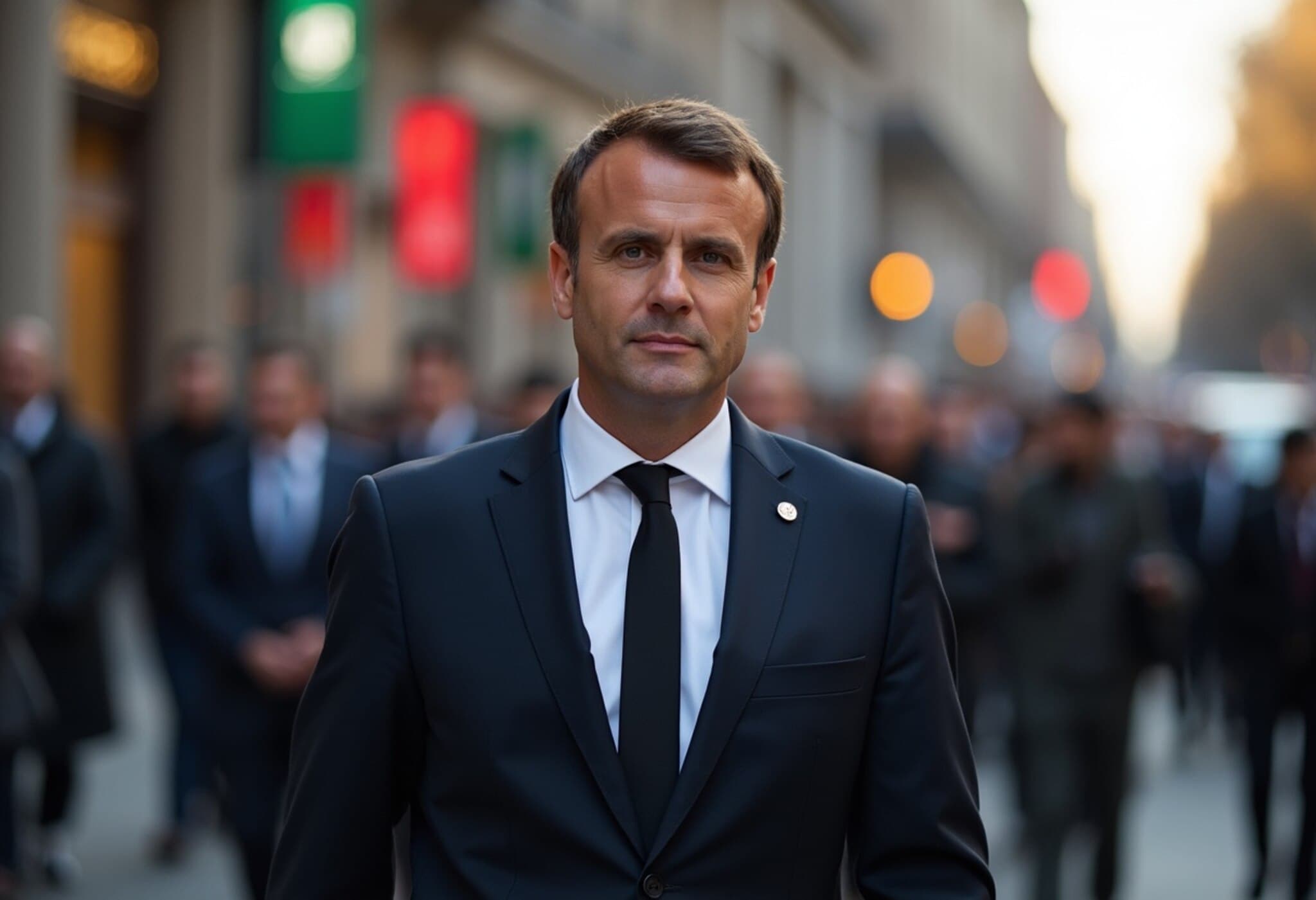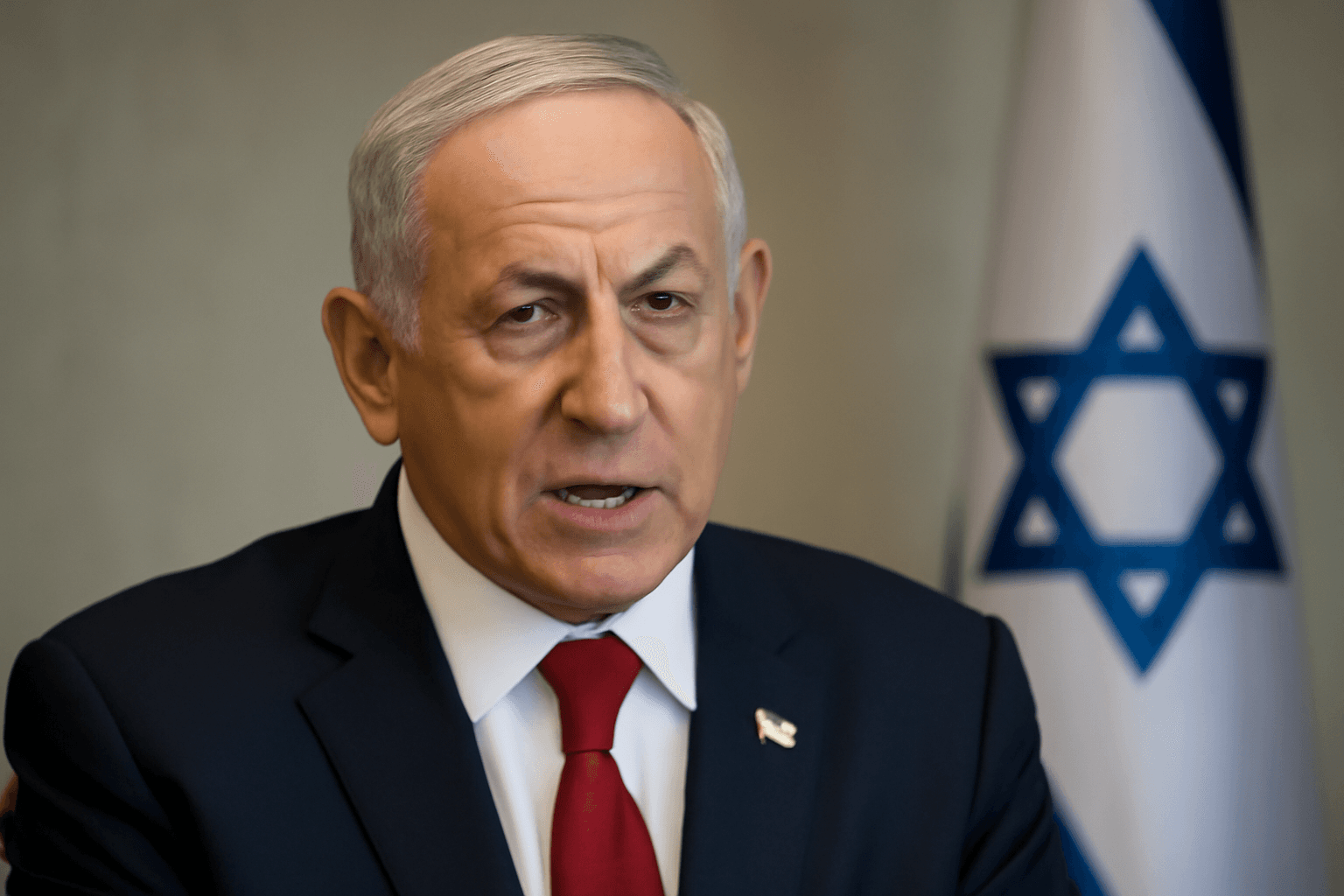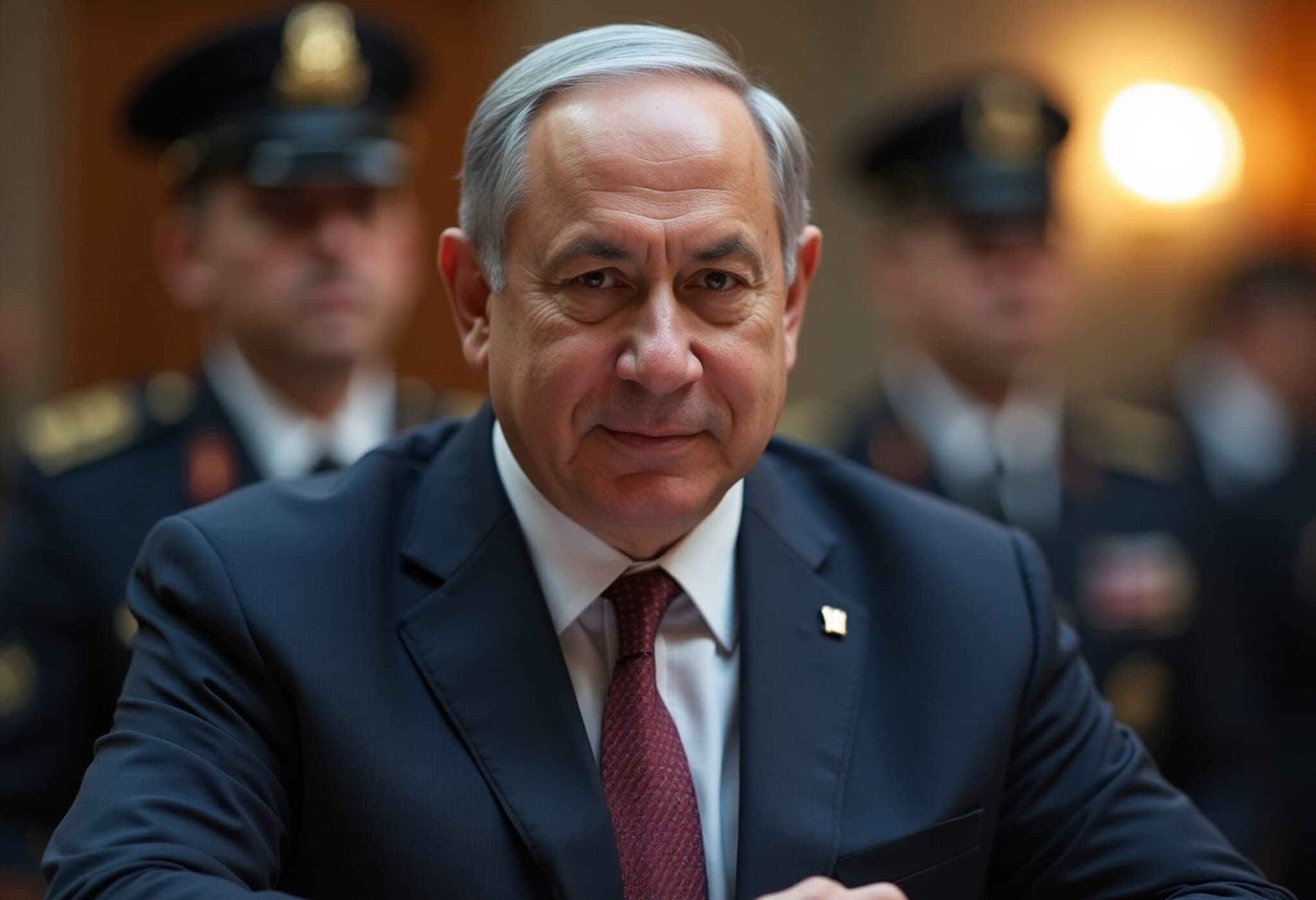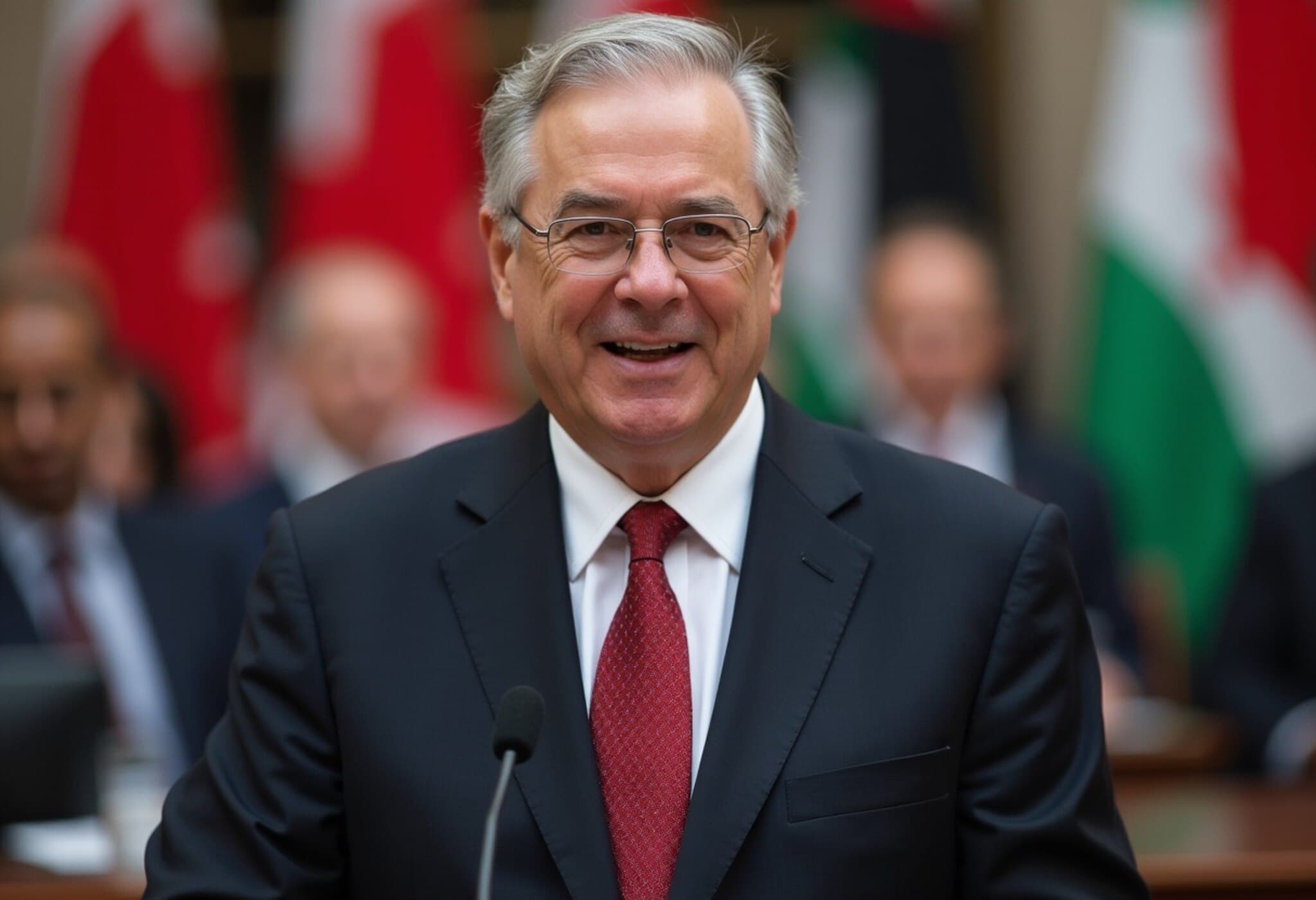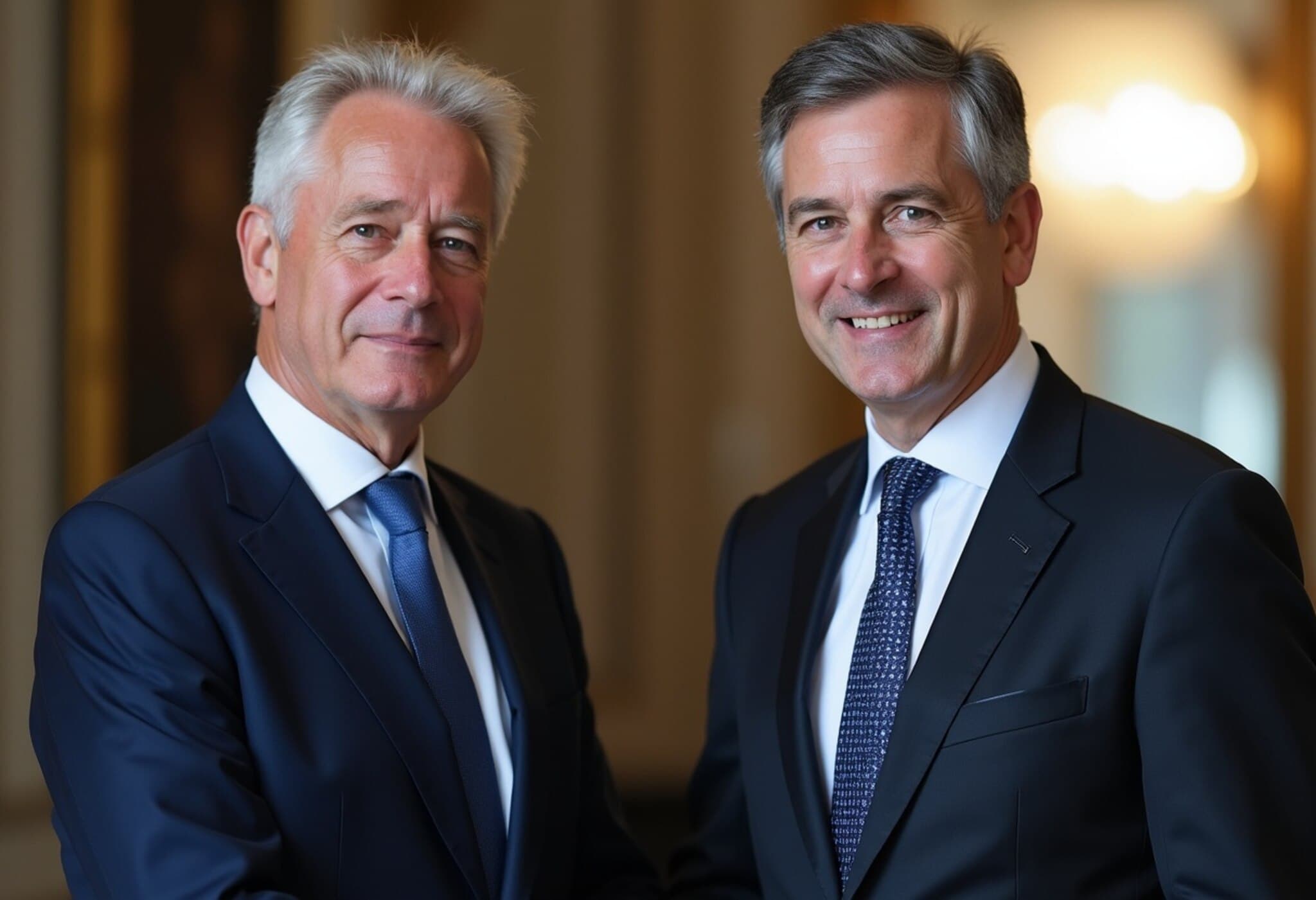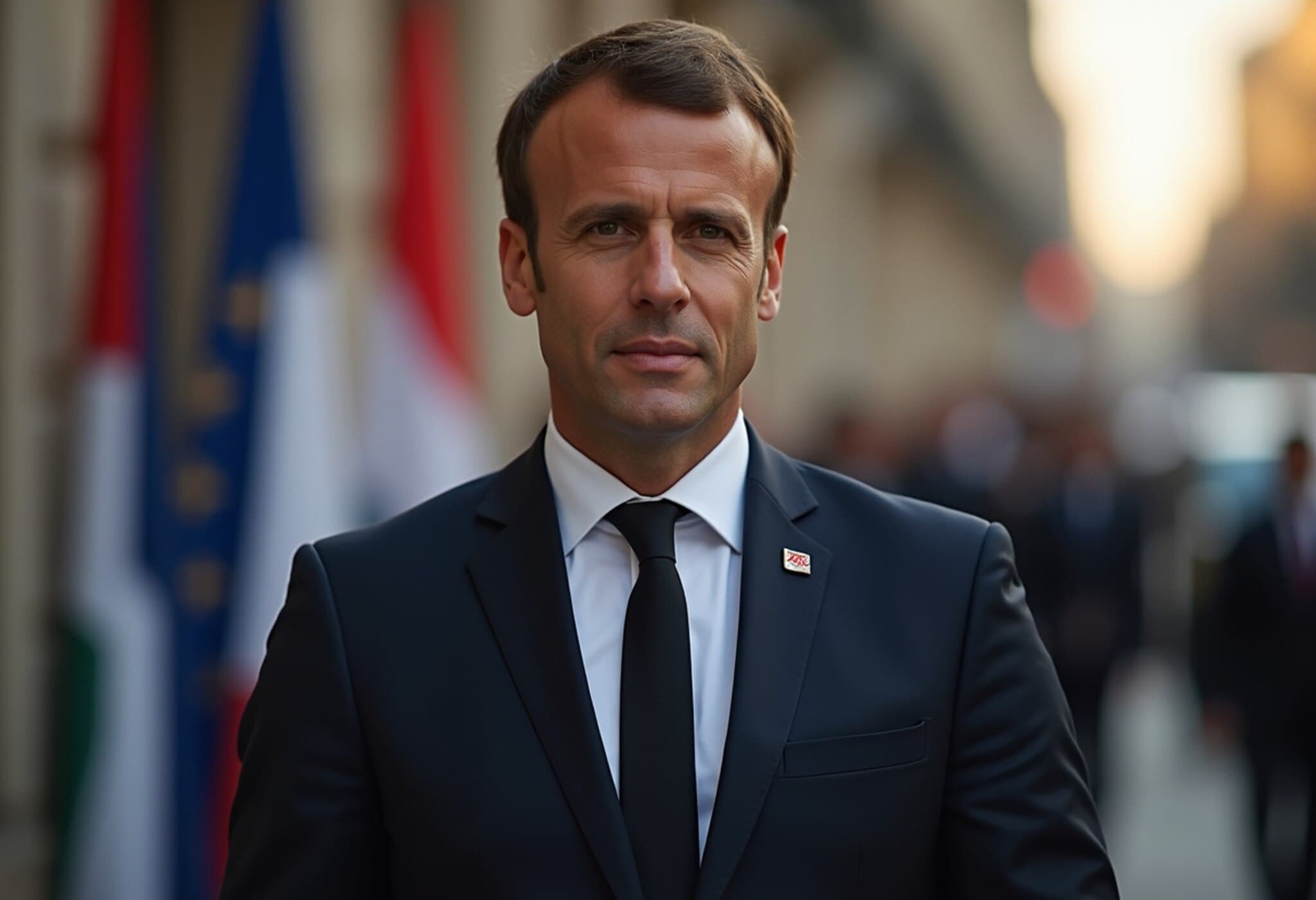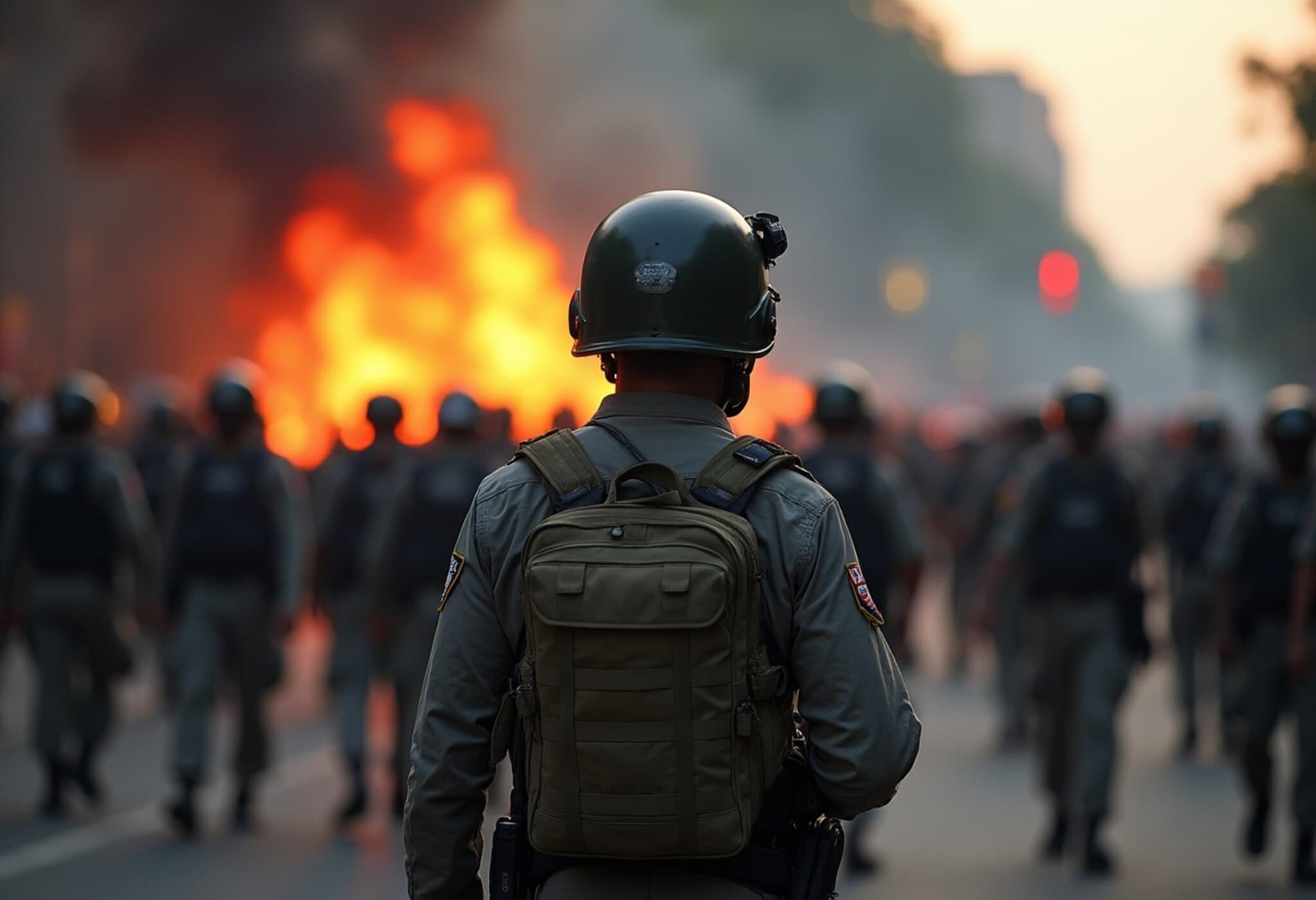Macron’s Adviser Asserts Palestinian State Could Have Prevented October 7 Attack
In a bold and candid statement, Ofer Bronchtein, French President Emmanuel Macron’s adviser and envoy for Israeli-Palestinian affairs, has directly linked the devastating Hamas attack of October 7, 2023, to the long-standing absence of Palestinian statehood. Bronchtein emphasized that if a Palestinian state had existed, the tragic events that unfolded might have been averted.
“Four Decades of Talking, No Statehood”
Speaking on the heels of France’s highly anticipated announcement to officially recognize Palestine as a state, Bronchtein aired his frustrations with the stalled peace process. “Everyone for 40 years has been talking about the two-state solution. It angers me that people say we encourage terror. Perhaps because there was no Palestinian state, October 7 happened,” he remarked.
France’s Formal Recognition Set for September
President Macron has committed to a formal declaration of Palestinian state recognition at the upcoming United Nations General Assembly session in September 2025. This diplomatic move aims to reignite momentum for peace but has sparked fierce backlash from Israeli officials.
In his public statement, Macron called urgently for an end to the conflict in Gaza, advocating for an immediate ceasefire, the safe release of hostages taken by Hamas, and expansive humanitarian aid for civilians caught in the crossfire. “Peace is possible,” Macron underscored, underscoring the critical need for a humanitarian approach amidst ongoing violence.
Strong Backlash from Israeli Leadership
Israeli Prime Minister Benjamin Netanyahu condemned France’s recognition plans, framing it as a dangerous appeasement. “This decision rewards terror and constitutes an existential threat to Israel, offering a launch pad to annihilate our country,” Netanyahu said sharply.
Similarly, Israel’s Foreign Minister Gideon Saar dismissed the move as futile, warning that “a Palestinian state will be a Hamas state,” referencing the militant group responsible for the 2023 attacks and the ensuing Gaza conflict.
U.S. Voices Rejection and Concerns
The United States State Secretary Marcos Rubio echoed Israel’s criticism, labeling France’s initiative as “reckless” and harmful to peace efforts. Rubio declared, “The United States strongly rejects Emmanuel Macron’s plan to recognize a Palestinian state at the UN General Assembly. This reckless decision only serves Hamas propaganda and sets back peace. It is a slap in the face to the victims of October 7th.”
Context and Implications
France’s move represents a significant divergence from U.S. policy, which has traditionally opposed unilateral recognitions that might derail negotiations. Macron's strategy appears motivated by a desire to restore dialogue and acknowledge Palestinian aspirations, yet it raises critical questions about the timing and potential effect on ongoing conflict dynamics.
Expert Insight: The debate reflects broader tensions between symbolic diplomacy and on-ground realities. While recognition can empower Palestinian institutions and morale, critics warn it might embolden factions opposed to coexistence. This delicate balance underscores the volatile nature of peacebuilding in a region where historical grievances and security concerns are deeply intertwined.
What Lies Ahead?
- UN General Assembly Session: France is set to formalize recognition, potentially influencing other nations.
- Impact on Peace Talks: The move could either pressure parties to negotiate or risk further polarizing stakeholders.
- Humanitarian Priorities: Calls for ceasefire and aid remain critical amid worsening conditions for Gazan civilians.
- Regional Reactions: Monitoring Arab states’ responses could shed light on broader Middle East diplomacy shifts.
Editor’s Note
France’s decision to recognize Palestine at the UN amid a fraught security situation opens a complex chapter for international diplomacy. While French leadership pushes for renewed hope via state recognition, the vehement Israeli and U.S. pushback highlights enduring challenges in resolving one of the world’s most protracted conflicts. Readers are encouraged to consider how symbolic gestures like recognition reconcile with urgent humanitarian crises and the shifting geopolitical chessboard. How will this move influence future negotiations, and can statehood aspirations coexist with the demand for security?

